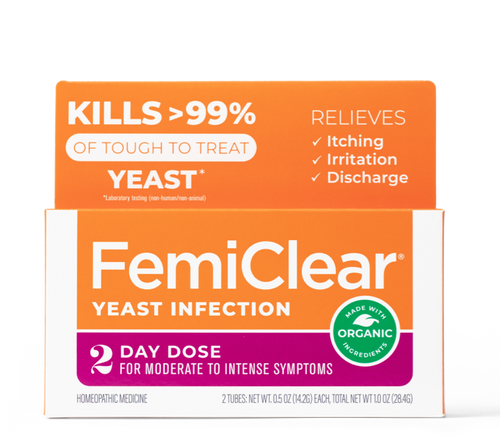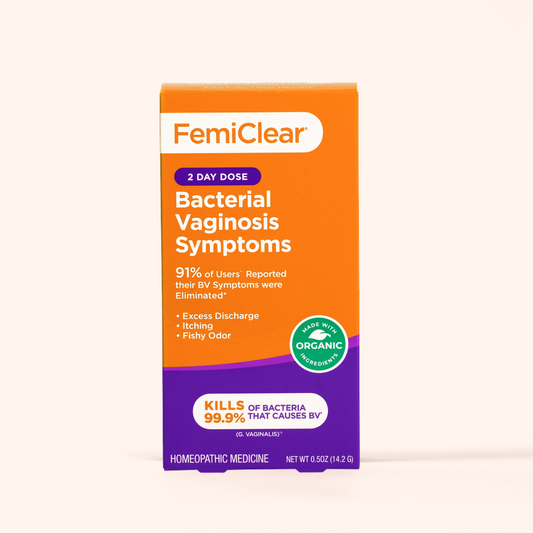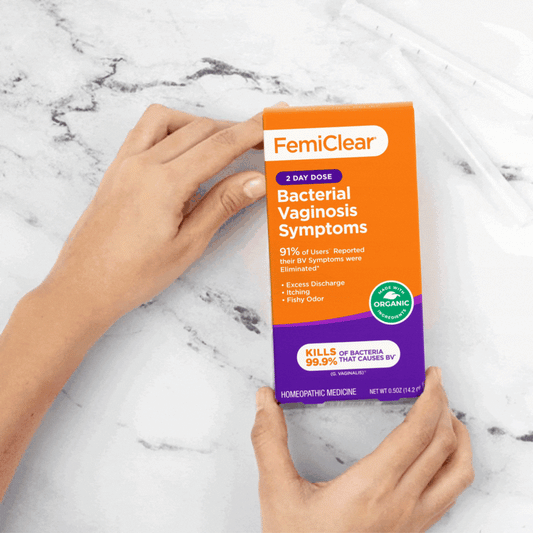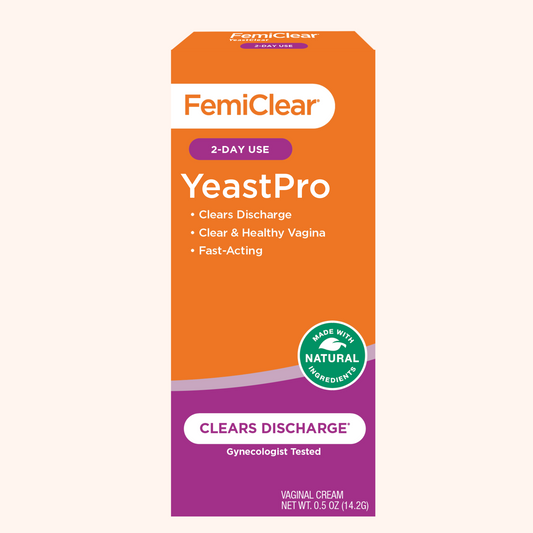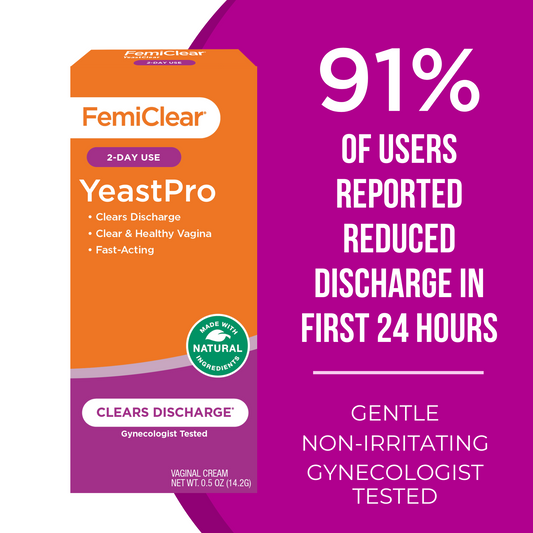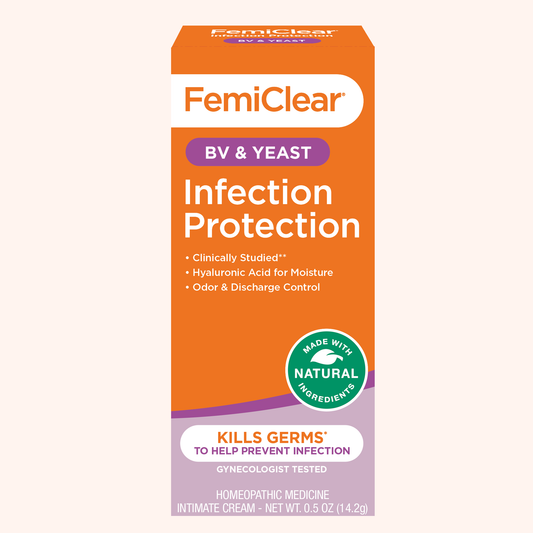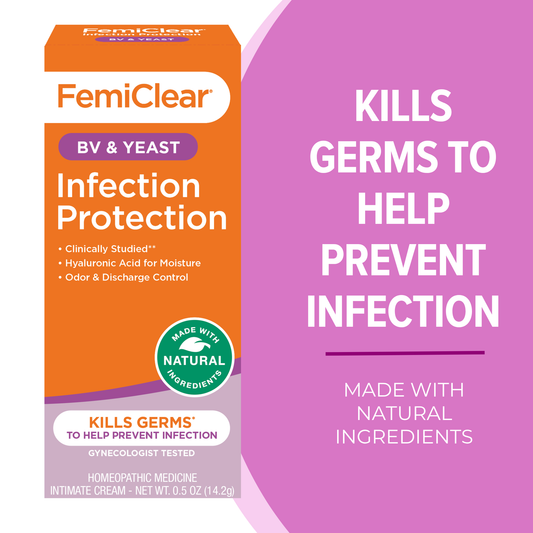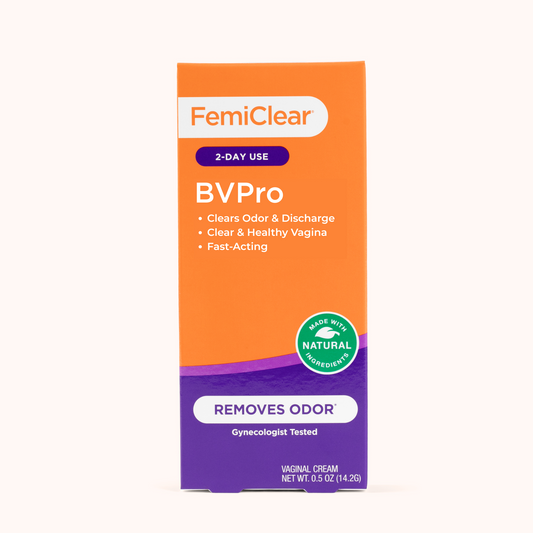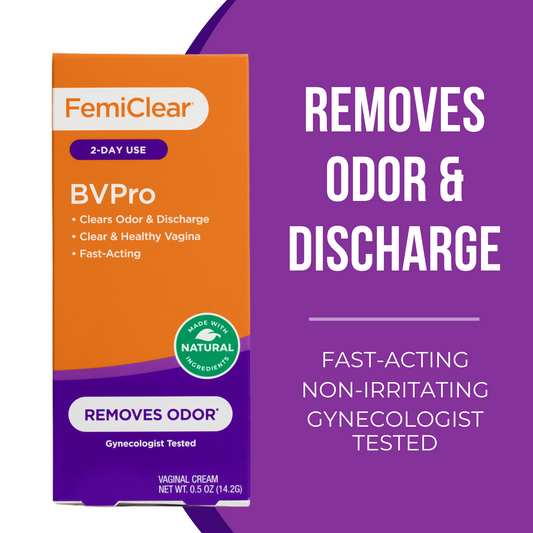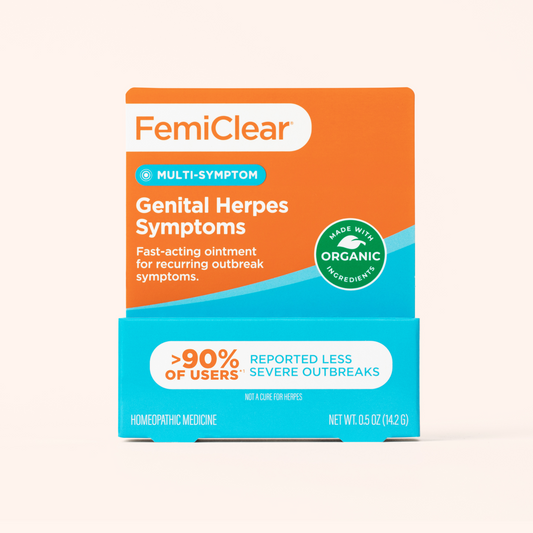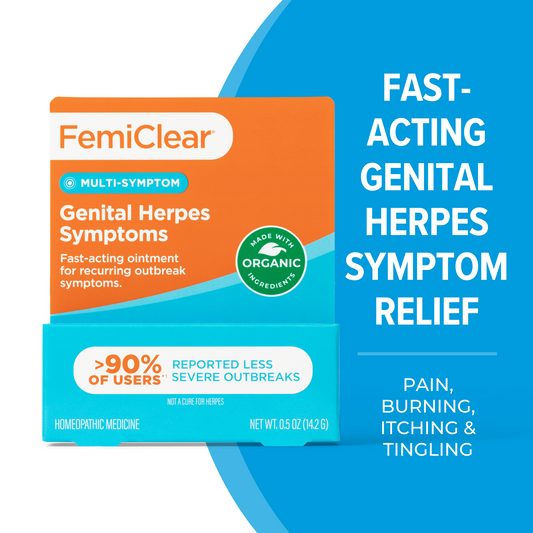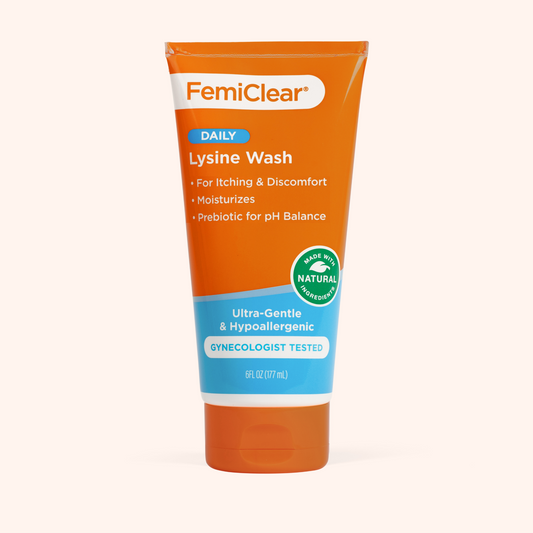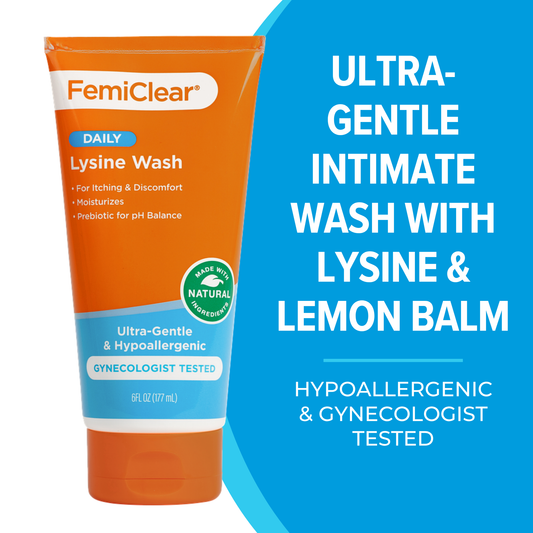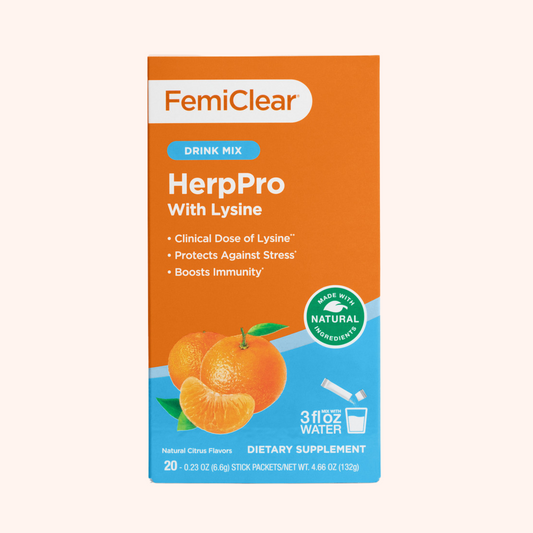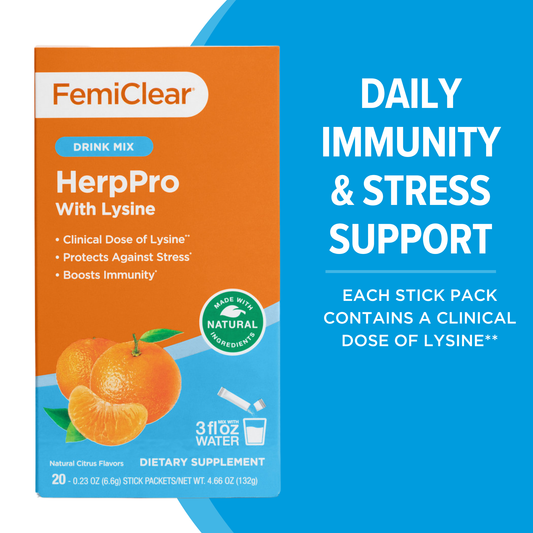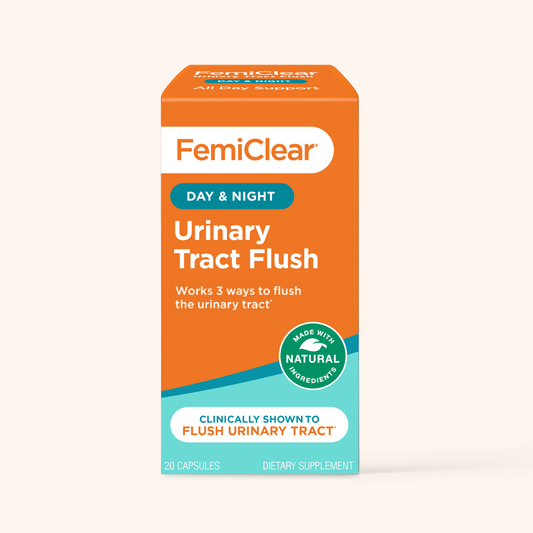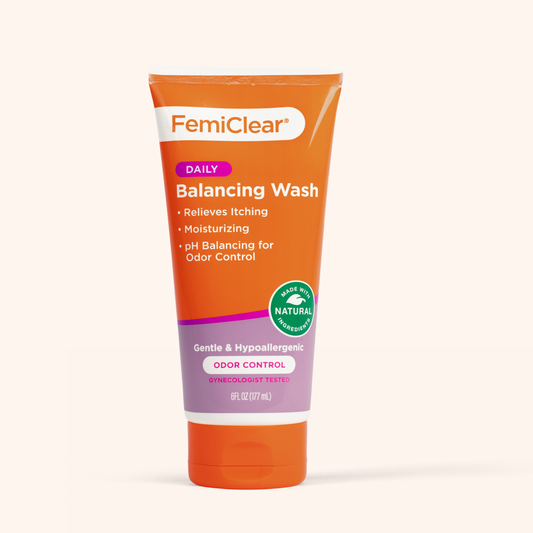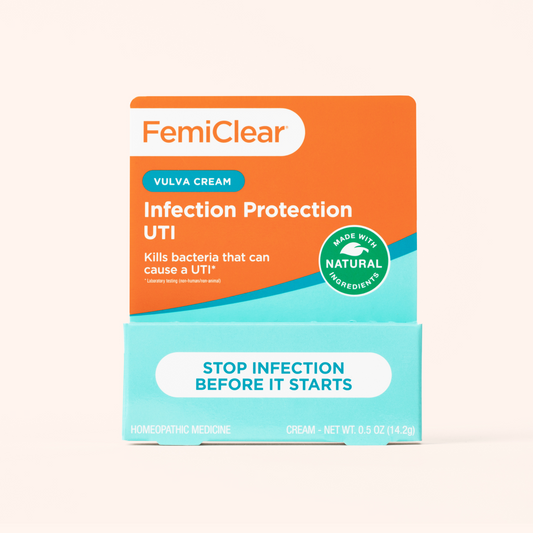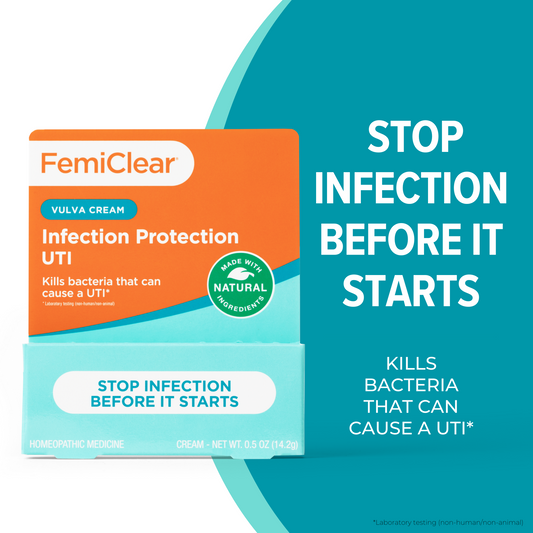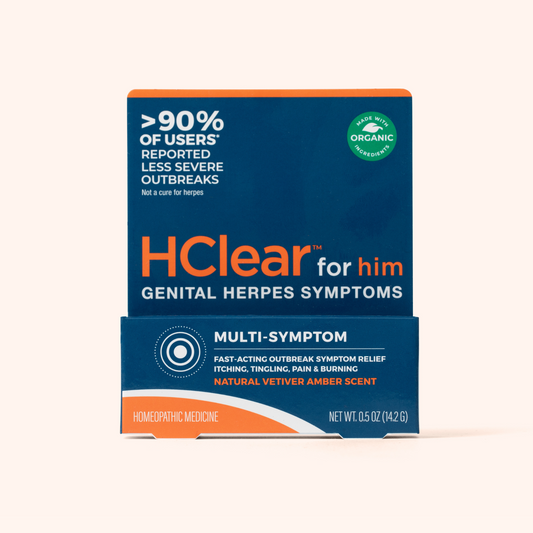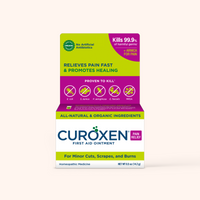Table of Contents
Can You Test for a Yeast Infection at Home?
Oct 29, 2025

A prickling itch turns into full-blown discomfort, underwear feels abrasive, and you wonder if a yeast infection is brewing. Work meetings, family duties, and crowded clinics make an in-person swab sound exhausting. The obvious question surfaces: can you test for yeast infection at home and trust what you find?
- Learn how to test for a yeast infection at home with pH strips or lab kits
- Understand when to self-test and when to see a clinician
- Explore natural yeast infection remedies that work fast
This guide covers what triggers yeast overgrowth, how to recognize symptoms, and how each at-home test works so you can read results confidently and start the right treatment faster.
Basics of Yeast Infections
A balanced vaginal ecosystem relies on friendly Lactobacillus bacteria that keep Candida albicans under control. That harmony thrives in an acidic pH between 3.8 and 4.5. Upset the balance, and yeast can multiply enough to inflame skin and mucosa.
Common Triggers
- Antibiotics that strip away good bacteria
- Hormonal surges from contraception, pregnancy, or the luteal phase
- Tight synthetic clothing that traps warmth and moisture
- Ongoing stress paired with poor sleep, which dampens immune defenses
- High blood sugar and refined carbs that feed yeast growth
Who Faces Greater Risk
Pregnancy, unmanaged diabetes, immunosuppressive therapy, and frequent antibiotic use all raise odds. Four or more episodes in a year signal recurrent infection and require medical guidance.
The good news: reliable yeast infection remedies exist—from conventional antifungals to natural, lab-tested options that work quickly when used as directed.
Signs and Symptoms to Look For
- Intense vulvar itching or burning
- Thick, white discharge often compared to cottage cheese, typically odorless
- Redness, swelling, and stinging during urination or sex
A strong fishy odor with thin gray discharge points to bacterial vaginosis (BV). Frothy yellow-green fluid suggests trichomoniasis. For an expanded checklist of yeast infection symptoms and red flags that require prompt care, visit our Learning Hub.
Can You Diagnose a Yeast Infection at Home?
Once a lab has confirmed yeast in the past, matching symptoms can help you recognize a flare faster. Still, studies show nearly half of self-diagnoses miss the mark, confusing yeast with BV or trich. Consider at-home tools a strong first step, not the final word.
Patterns That Lean Toward Yeast
- Itching paired with thick, odor-free discharge
- Burning limited to urine contact or intercourse
- No fever, pelvic pain, or foul odor
Patterns That Need Professional Testing
- Sharp pelvic pain, fever, or flu-like symptoms
- Thin gray discharge with strong odor, or foamy yellow-green flow
- First-time symptoms, pregnancy, recent STI risk, or weak immunity
Keep a brief diary of your cycle, medications, and lifestyle factors. Patterns expose hidden triggers and shorten the path to relief.
At-Home Vaginal Yeast Infection Test Kits
Millions search “test for yeast infection at home” every year. Two main technologies answer that need: pH strips and mail-in lab panels.
pH Strips: Fast, Insightful Screening
A pH strip shows if your vaginal environment is still in the acidic comfort zone or has shifted toward imbalance. Start with clean hands and good lighting.
- Insert a fresh cotton swab about two inches, rotate gently for five seconds.
- Press the swab against the test pad and wait 30 seconds.
- Compare color to the chart immediately.
Results: 3.8–4.5 = likely yeast or normal balance. Above 4.5 = possible BV or trichomoniasis. Remember: the strip detects pH, not Candida directly.
Accuracy Tips:
- Wait 15 minutes after urinating
- Avoid testing during or just after menstruation
- Skip sex, lubricants, and vaginal meds for 12 hours prior
- Store strips sealed, away from humidity
If pH is normal yet symptoms match yeast, try an OTC azole or a natural product like FemiClear Yeast Infection & Itch Relief. If pH is high, schedule testing before treating.
Mail-In NAAT Panels: Lab Confirmation
Mail-in kits use nucleic acid amplification (NAAT) to identify organisms like Candida, Gardnerella, or trichomonas. You swab, seal, and ship. Results appear online in 2–5 days, and many brands include telehealth consultations.
How to Test Without Guesswork
Combine speed and certainty. Start with a pH strip. If results show pH above 4.5 or symptoms persist beyond three days, move to a lab panel or clinician visit.
Choosing the Right At-Home Test Kit
- Do you need instant insight or detailed confirmation?
- Is this your first infection or a familiar pattern?
- Are symptoms mild or severe?
For mild, familiar flare-ups, a pH strip plus treatment may suffice. For severe or uncertain cases, opt for a lab panel.
Treating a Yeast Infection at Home
Confirming results is half the battle. Clearing overgrowth and preventing rebound requires a full plan of treatment, comfort care, and hygiene.
1. Choose the Right Antifungal
Azole creams, suppositories, and one-dose tablets differ by strength and duration. Natural formulas like FemiClear Yeast Infection & Itch Relief offer lab-proven efficacy without synthetic ingredients. Finish the full course, even if itching fades early.
2. Calm the Irritation
- Use plain petrolatum or lanolin as a barrier after each bathroom trip.
- Apply a cool gel pack or chilled cloth for 10 minutes, up to four times daily.
- Wear breathable cotton underwear and avoid tight seams.
- Switch to fragrance-free body products until skin fully heals.
3. Maintain Smart Hygiene
- Change underwear morning and night during treatment.
- Sleep without underwear for airflow.
- Wash the vulva with warm water only—no internal rinses or douches.
- Shower and change promptly after workouts or swimming.
4. Stay Consistent
Most treatments need three to seven nights to fully eliminate Candida. Finishing the full course prevents rebound infections. If symptoms persist two days after treatment ends, see your clinician.
When You Shouldn’t Self-Treat
- Severe burning, cuts, or swelling
- First-time or uncertain diagnosis
- Strong odor, gray discharge, or pelvic pain
- Pregnancy, diabetes, or immune compromise
Professional guidance ensures correct diagnosis and safe medication choices. Bring notes on timing, triggers, and symptoms to help your provider pinpoint the cause.
Conclusion
Home screening tools empower you to take charge of intimate health. pH strips provide quick insights, while lab panels confirm the cause. Together, they help you start the right treatment sooner.
Still, no test replaces professional evaluation for severe or recurring symptoms. Use your results as a guide, not a guarantee, and consult a clinician if discomfort or discharge lingers.
After symptoms clear, focus on preventing future infections with breathable fabrics, balanced nutrition, and post-antibiotic protection creams. Knowledge is power—and comfort.
Oct 29, 2025

Yeast Infection + Itch Relief - 2 Day Dose | Ointment
Kills over 99% of Tough to Treat Yeast*
Learn More